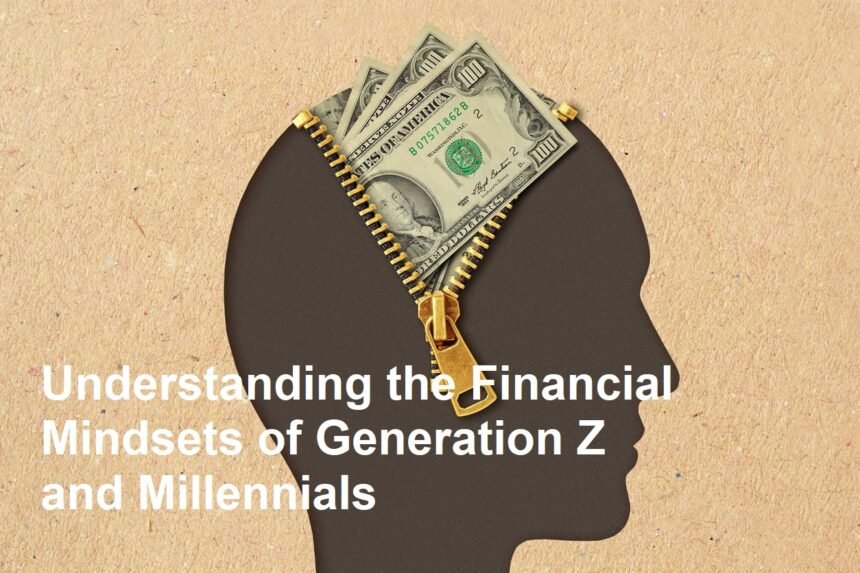Introduction
In today’s evolving financial landscape, understanding how different generations perceive and approach money is crucial. Among these, Generation Z (born approximately 1997–2012) and Millennials (born approximately 1981–1996) stand out, each exhibiting unique attitudes towards savings, spending, investing, and financial security. These differences are shaped by various social, economic, and technological factors, influencing how each generation manages their finances and plans for the future.
The Millennials’ Financial Mindset
Millennials, often called the “echo bubble” generation, grew up during a period marked by economic uncertainty, technological innovation, and significant societal shifts. They entered adulthood around the time of the 2008 financial crisis, which profoundly impacted their financial outlook.
Key traits of Millennials’ financial mindset include:
- Debt Awareness and Caution: Many Millennials carry student loan debt and are cautious about taking on additional debt. They often prioritize paying off debt early to achieve financial stability.
- Value-Driven Spending: Millennials tend to value experiences over material possessions. They are willing to spend on travel, dining, and lifestyle experiences but prefer doing so within a budget.
- Delayed Major Life Events: Many Millennials delay homeownership, marriage, and starting families due to economic constraints and changing priorities, which affects their savings and investment behaviors.
- Digital-Native Investment: Growing up with the internet, Millennials are comfortable with online banking and investment platforms, embracing robo-advisors, social investing, and cryptocurrency.
Financial Goals: Millennials are generally focused on building an emergency fund, paying off debt, and saving for major milestones. They are increasingly interested in sustainable and socially responsible investing, reflecting their values-driven approach.
The Generation Z’s Financial Mindset
Generation Z, the youngest digital natives, has grown up entirely in the Internet age, with unprecedented access to information, social media, and educational resources. Their financial attitudes are significantly shaped by the economic challenges faced during their formative years, including the COVID-19 pandemic and student loan debt crises.
Key traits of Generation Z’s financial mindset include:
- Financial Caution: Having witnessed economic instability, many Gen Z-ers are cautious about debt and prioritize saving from an early age. They are concerned about the stability of their future financial situation.
- Entrepreneurial Spirit: Unlike previous generations, many Gen Z individuals are interested in entrepreneurship and side hustles as alternative income sources, leveraging social media and digital platforms.
- Practicality and Frugality: They tend to be more pragmatic and frugal, often preferring value for money and avoiding unnecessary expenses.
- Financial Education and Awareness: Gen Z is proactive in seeking financial literacy through online content, influencer advice, and self-education. They value transparency and simplicity in financial products.
- Focus on Future Security: Unlike Millennials, who may delay milestones, Gen Z is eager to achieve financial independence and stability early, with a focus on investing and passive income.
Financial Goals: Many Gen Z-ers aim to accumulate savings, avoid debt, and invest early. They are more likely to explore investing in stocks, cryptocurrencies, and digital assets at a young age.
How These Differences Impact Financial Planning
Understanding these generational differences is vital for financial institutions, marketers, and policymakers to tailor their products and services effectively. Millennials might seek socially responsible investments or debt relief programs, while Gen Z may prefer education-focused financial tools, fractional investing apps, or passive income options.
Conclusion
While both Millennials and Generation Z face unique financial challenges and exhibit distinctive attitudes toward money, they also share common traits such as digital savviness and values-driven spending. Recognizing and catering to their differing mindsets can promote healthier financial behaviors and help each generation achieve their financial goals more effectively.












